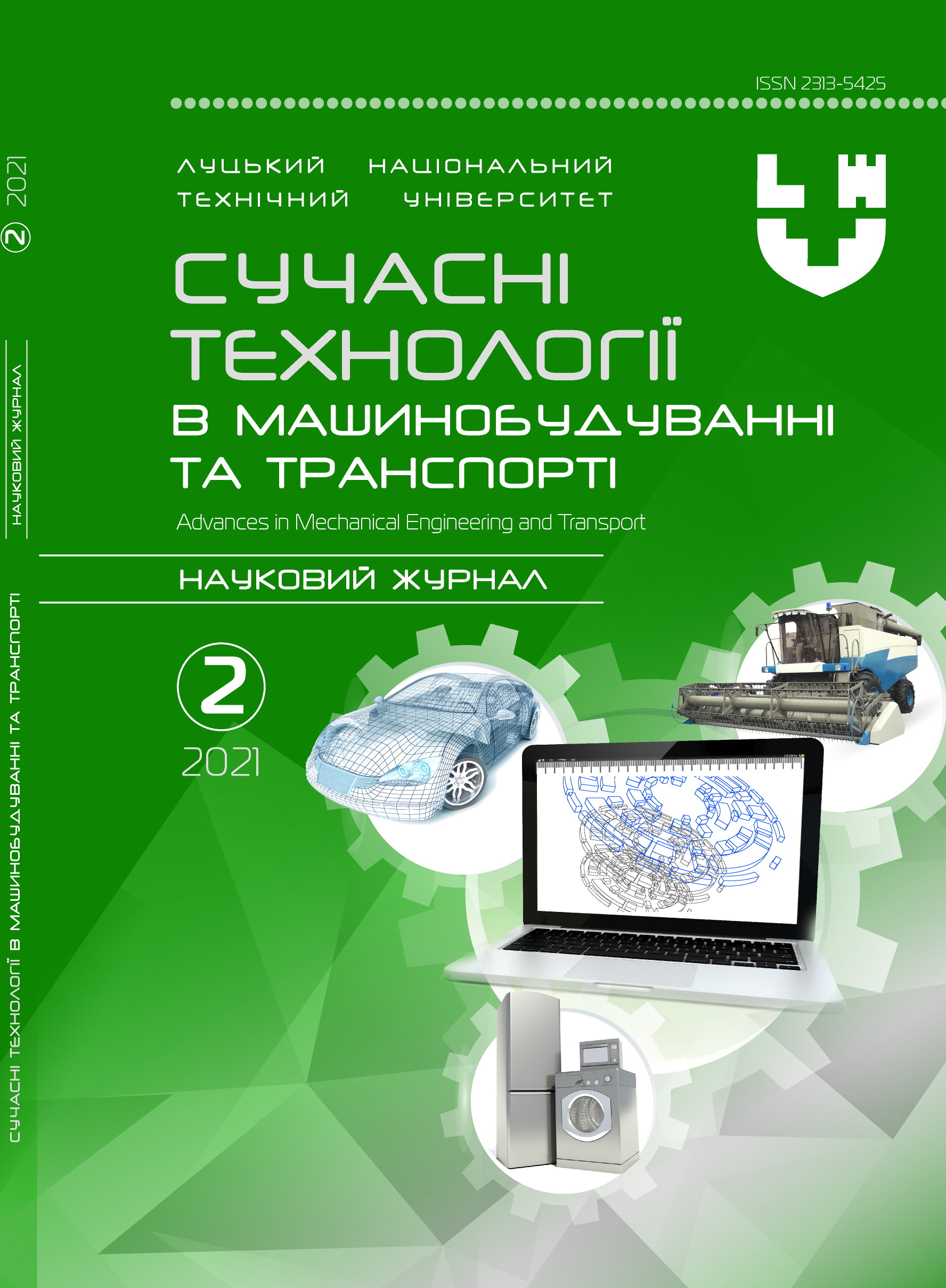Method of calculating the efficiency of operation trucks
Abstract
The paper considers the issue of assessing the efficiency of operation of trucks. It is established that the efficiency of car operation is functionally related to the economic efficiency, reliability and reliability of cars the relationship between which is presented in the form of a structural and functional diagram.
It was found that the net profit of a trucking company depends on three components: the tariff cost of transportation, the cost of transportation and the amount of taxes.
Formulas for determining the cost of transportation of goods, the cost of transporting goods, conditional and technical costs. In the structure of conditional and technical costs the expenses are considered: on fuel, on lubricants, on tires, on spare parts and materials at performance of maintenance and repair of a rolling stock.
Based on the analysis of the structure of the cost of transportation of goods by car, ten indicators are identified, which determine the «unplanned» costs, such as: costs associated with increasing the distance of transportation of goods; costs associated with damage and loss of cargo; costs associated with additional storage of cargo; costs associated with increasing the cost of preparing the goods for transportation; costs associated with increasing the cost of warehousing.
It was found that conditional fixed costs (depreciation costs, overhead costs, the amount of taxes) do not significantly affect the size of the annual economic effect when updating the rolling stock.
The dependences for determination of: specific conditional and technical expenses for operation of the car at delivery of freights are received; the magnitude of the annual economic effect achieved by the owner of the trucks when updating the rolling stock.
Keywords: truck, criterion, rolling stock, cost, conditional organizational costs, conditional technical costs.




